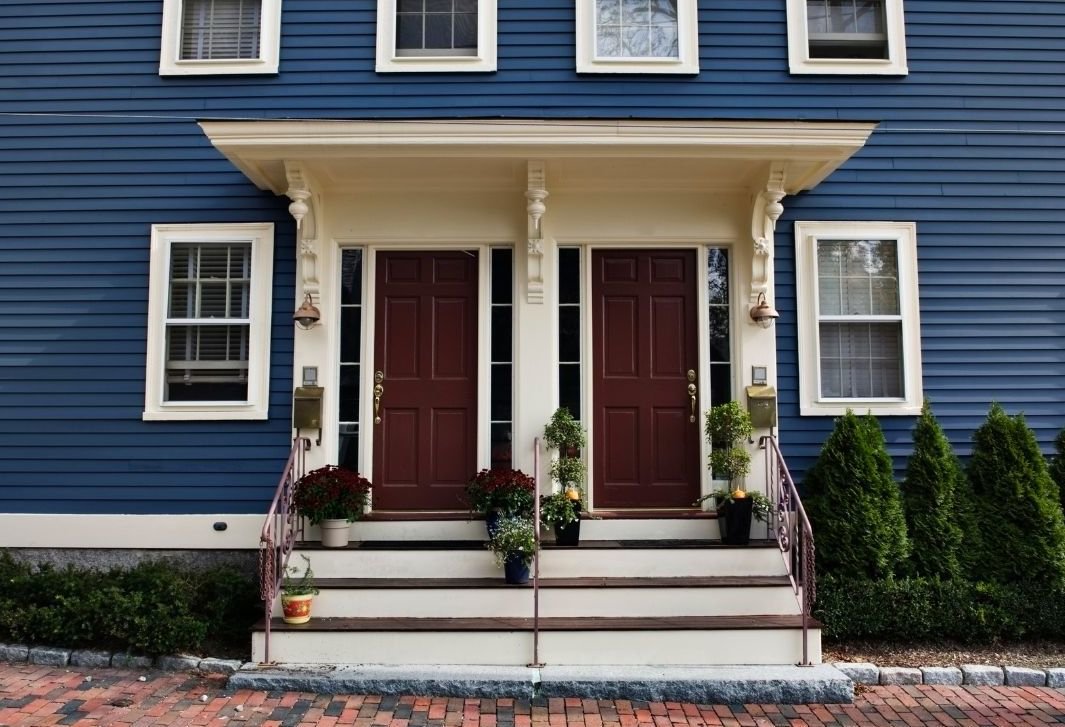What Is House Hacking & How Can It Work For You?

You may have heard the term House Hacking over the last several years. The popular investing strategy has become a great tool for those looking to get into real estate investing. During the heavy sellers market over the past few years, it was really difficult (although not impossible) in the Chattanooga area as many competed against larger, all cash investors. As the market shifts, house hacking becomes more accessible if you are purchasing with a home loan. We've broken down what exactly house hacking is and how you can make it work for you.
House hacking is a real estate investment strategy where you purchase a multifamily property (such as a duplex or triplex) and live in one of the units while renting out the others. The main goal of house hacking is to reduce or eliminate your own expenses by using the rental income to cover your mortgage, property taxes, insurance, and maintenance costs.
Here are the typical steps to house hacking:
- Purchase a Multifamily Property: You start by buying a property that has multiple units. This can include duplexes (two units), triplexes (three units), or fourplexes (four units). Note: anything above 4 units would be considered a commercial property.
- Live in One Unit: You live in one of the units as your primary residence. This not only provides you with a place to live but also allows you to take advantage of owner-occupied financing options, which often come with lower interest rates and down payment requirements compared to traditional investment property loans.
- Rent Out the Other Units: The remaining units are rented out to tenants. The rental income from these units is used to cover the property's expenses, including the mortgage, property taxes, insurance, and maintenance costs.
- Cash Flow and Build Equity: Ideally, the rental income should cover your expenses and also provide you with positive cash flow. This means you're making a profit each month. While making a profit is not always the case, as your tenants pay rent and the value of your property continues to increase over time, you do build equity in the property. The numbers will vary based on each property and this is where having an experience real estate agent on your team will help you determine if the property is a good investment.
- Alternative options: House Hacking is not just limited to multifamily properties. Depending on your living situation and what you are open to, you can purchase single family homes and rent out spaces within the property. For example, if you have a spare bedroom, you can rent out a single bedroom with shared common spaces like the kitchen or living room. Another option would be a single family house with a finished basement or attic, or an accessory dwelling unit (ADU) which is something like an apartment above a garage or a separate building on your property.
House hacking offers several advantages:
- Reduced Living Expenses: House hacking allows you to significantly reduce or even eliminate your housing costs, as your tenants essentially pay your mortgage.
- Real Estate Investment: It allows you to step into real estate investing with relatively low upfront costs compared to buying a separate investment property.
- Rental Income: You can generate rental income, which can be used to cover expenses, save for future investments, or improve your overall financial situation.
- Tax Benefits: Real estate investors often benefit from tax advantages, including deductions for mortgage interest, property taxes, and depreciation.
- Property Management Experience: House hacking allows you to gain experience in property management and landlord responsibilities, which can be valuable if you decide to expand your real estate portfolio.
While there are so many benefits to house hacking, it's essential to research local regulations, HOA rules, and landlord-tenant laws before getting started in house hacking.

